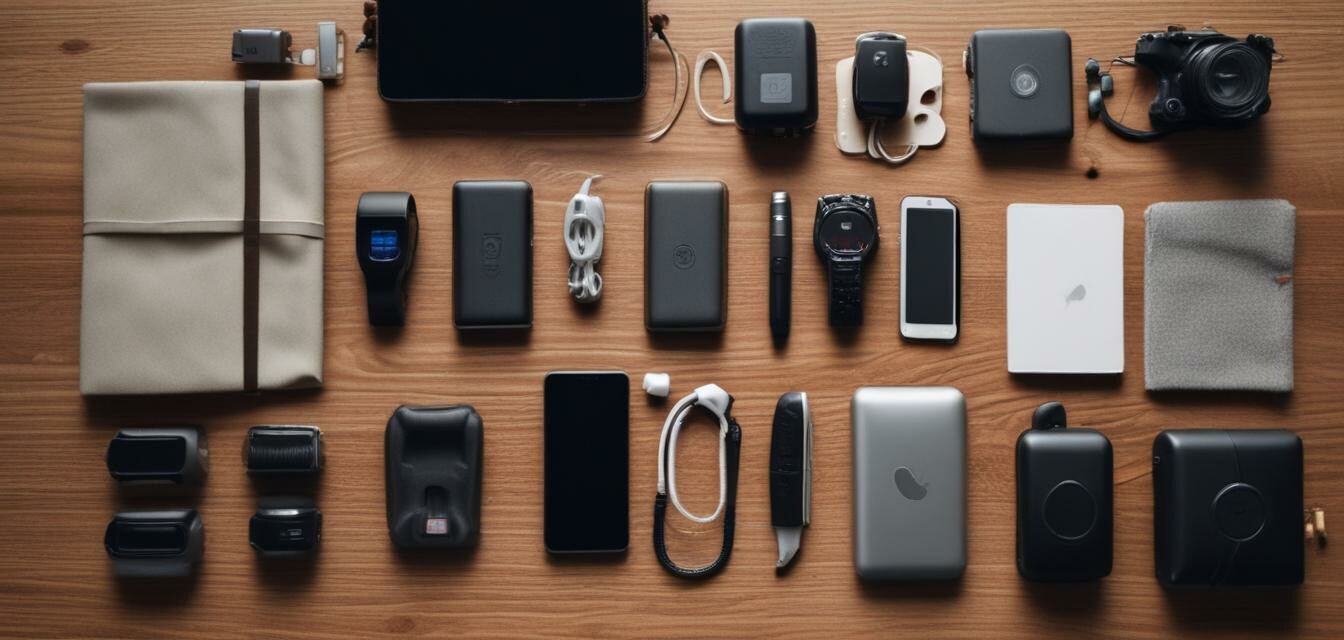
How to Set Up Your Dual SIM Phone for Travel
Key Takeaways
- Understand the dual SIM functionality and benefits for travelers.
- Follow the step-by-step instructions to configure your dual SIM phone.
- Learn tips for optimizing connectivity while abroad.
- Explore product options for dual SIM phones to enhance your travel experience.
Traveling internationally can be an exhilarating experience, but staying connected while you're exploring new places is essential. Dual SIM phones provide travelers with the flexibility to use two different phone numbers simultaneously. Whether you want to keep your local number active while using a local SIM card for data and calls abroad, here's everything you need to know about setting up your dual SIM phone for travel.
What You Need to Know About Dual SIM Phones
Dual SIM technology allows you to switch between two SIM cards easily. This functionality comes in handy for frequent travelers who might want to maintain their home phone number while also accessing a local network for cheaper rates.
Benefits of using a dual SIM phone
- Cost-effective: Save on roaming charges by using local SIMs.
- Convenience: Keep your personal and work numbers separate.
- Flexibility: Choose different plans that suit your travel needs.
Getting Started: Setting Up Your Dual SIM Phone
Step 1: Check Your Phone's Compatibility
Before you proceed, make sure your phone supports dual SIM capabilities. If you're unsure, check the manufacturer's website for specifications. Here are some popular options:
SAMSUNG Galaxy S24 Ultra 5G S9280
A powerful 512GB dual SIM smartphone with long battery life, perfect for travel and connectivity.
Learn MoreStep 2: Insert the SIM Cards
Follow the instructions provided by your phone manufacturer to insert the SIM cards. Typically, you'll need a SIM ejector tool or a paperclip:
- Locate the SIM card tray: This is usually on the side of the phone.
- Use the ejector tool to remove the tray.
- Insert the first SIM card into the designated slot.
- Insert the second SIM card into the second slot.
- Reinsert the tray into the phone.
Step 3: Configure Your Phone Settings
Once both SIM cards are inserted, it's time to configure your phone settings:
- Go to Settings > Mobile Networks.
- Select Dual SIM settings or SIM card manager.
- Choose the default SIM for calls, texts, and data usage.
- Set up network preferences for each SIM (usually found in Network operators).
Optimizing Your Dual SIM Experience
Tips for Connectivity While Traveling
To ensure a smooth experience with your dual SIM phone while traveling, consider the following:
- Research local SIM card options at your destination for the best deals.
- Airplane mode can help save battery, but remember to enable Wi-Fi or your preferred SIM as needed.
- Check your phone's compatibility with local networks to avoid connectivity issues.
- Keep your phone updated with the latest software for optimal performance.
Using Accessories for Better Organization
As you travel, having your SIM cards organized is essential. You might want to explore SIM card organizers for easy access and safe storage. Here's an example of a product you might find useful:
SIM Card Organizer
Keep your SIM cards safe and accessible with this handy organizer designed for travelers.
Explore NowCommon Troubleshooting Tips
If you encounter issues with your dual SIM setup, here are some common fixes:
- Ensure both SIM cards are properly seated in the tray.
- Restart your phone to refresh the network connections.
- Check for updates on your phone to improve compatibility.
- Verify your SIM cards are activated and compatible with the local network.
Conclusion
Setting up your dual SIM phone for travel can enhance your experience, allowing you to stay connected without breaking the bank. By following these steps and tips, you can ensure a seamless journey. Don't forget to explore our buying guides for the best travel-friendly SIM card options.
Tips for Beginners
- Always keep a backup of essential contacts in case of SIM issues.
- Research SIM card availability in advance to avoid last-minute hassles.
- Label your SIM cards if you're carrying multiple for easier identification.
Pros
- Flexibility in choosing plans
- Cost-effective for international travel
- Convenient to manage personal and work numbers
Cons
- Requires careful handling to avoid SIM damage
- May have compatibility issues with some networks
